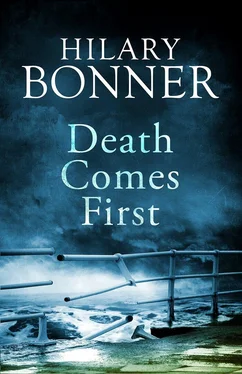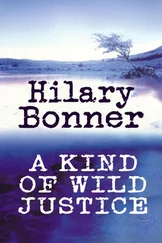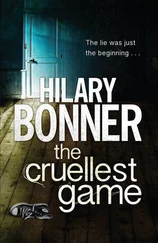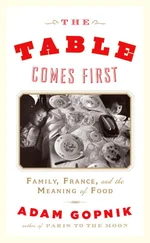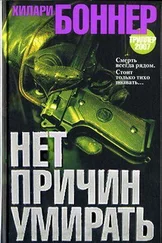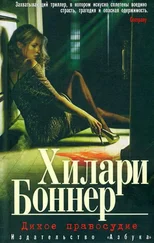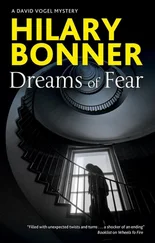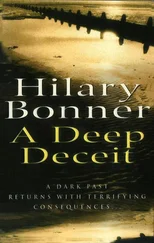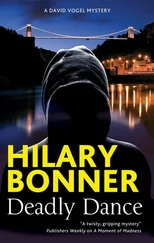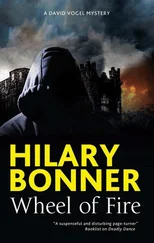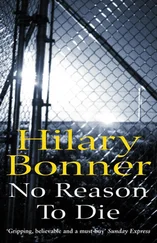And with Charlie gone, who better to fill the void than Stephen? He had the business acumen, the nous, the guile to be Henry’s second in command at Tanner-Max. Unlike Charlie, who would never have lasted in the company, let alone made partner, had it not been for the fact he was married to Henry’s only daughter. Even so, there had never been any affection or even regard between the two men, whereas Stephen admired everything about Henry Tanner. It hurt him deeply when Henry used him as his personal whipping boy, which he did frequently. Yet in spite of that, Stephen looked upon Henry as the father he’d never had.
His biological father, a prince of the Mahlangu royal family, had married his mother, Ayanda, when she was only fifteen, though the ceremony would not have been considered legal under international law. She had given birth to Stephen nine months later, after which his father had lost interest in her, even though Ayanda grew into a beautiful young woman. His father had more important things on his mind. Even his first name, Busani, meant ‘rule’. That was what Stephen’s father believed he had been born to do. And Busani Mahlangu saw his destiny as being far more important than either his young wife or his son.
The Mahlangu were of the Ndebele tribe. As was the legendary Joshua Nkomo, leader and founder of the Zimbabwe African People’s Union, ZAPU, which had been banned by the white minority government of his country, then known as Rhodesia. Busani Mahlangu had fought alongside Nkomo through the years of civil war and political struggle which preceded the notorious Robert Mugabe coming to power. In 1982 Mugabe unleashed his infamous fifth army in a genocidal campaign against the Ndebele, slaughtering up to 20,000 civilians. Nkomo fled the country, but Busani would not leave. He did, however, arrange for his wife and son to travel to the UK, where they were taken in by a distant relative.
Not long after her arrival in London, Ayanda caught the eye of a hedge-fund manager, high on tequila slammers, at the Brick Lane bar where she’d found work clearing tables. Ayanda knew that neither she nor her son had any future in Zimbabwe, or with Busani. She decided to use all her wiles to ensnare her suitor, who was both a high earner and the eldest son of wealthy parents. She wouldn’t let him near her unless he married her. Somewhat to the surprise of all concerned, not least Ayanda, and against the wishes of his family, James Hardcastle eventually did just that. It was he who insisted Stephen should take his surname, and change his first name. In his circles, it simply wouldn’t do to have a stepson called Nyongolo Mahlangu.
So Stephen Hardcastle was invented and promptly sent away to Eton, where he learned to speak with a public-school accent and to lord it over those who didn’t. He was a survivor. And like his father he’d been born to rule, hadn’t he?
But then, a couple of years after her second marriage, Ayanda died in childbirth. Stephen rarely saw his stepfather after that, although James Hardcastle continued to provide for him, paying his school fees and making sure arrangements were made for him to be cared for during the holidays.
Stephen dreamed of creating his own family. But he had never come close to marriage, or even to building a lasting relationship with a woman. Instead he lusted after Joyce, the wife of the man whom he had honestly once considered to be his best friend. Most of all he sought total acceptance from Joyce’s father, the patriarch of the clan. He wanted to be everything to Henry. He wanted Henry to be forced to rely on him alone. And he thought that night at the hospital he may have come close to achieving that.
As he drove home from Southmead, he even found himself wondering when he might dare make an approach to Joyce again. She had survived it all, thank God. Perhaps she would turn to him, now.
Stephen had taken a calculated gamble with Henry, but it seemed to have paid off. It had been a risk, admitting to colluding with Charlie in his disappearance, but a flat-out denial would never have washed with Henry. As it turned out, the half-truths he’d told seemed to satisfy the older man.
Stephen had gambled on two things. The second had been the big one. Stephen had gambled that Henry would accept that he could not survive without Stephen. That he would see Stephen as his only possible saviour, the only one who could steer Henry and Tanner-Max through the troubled times which undoubtedly lay ahead.
And Henry had fallen for it. Hook, line and sinker.
Vogel was right. Neither Henry Tanner nor Charlie Mildmay had engaged in arms deals with criminal organizations. That had been an invention of Stephen’s. A double bluff aimed at causing fear and distrust all round. It had been a considerable success too.
The subterfuge had been helped by the fact that Henry knew little about Stephen’s private life. He may have been vaguely aware of Stephen’s reunion with his natural father and his two elder brothers a few years previously, and of his African holidays. But he had no idea that Busani Mahlangu was now the leader of ZIPA, the Zimbabwe People’s Army, a breakaway arm of Zimbabwe’s official opposition party, the MDC, Movement for Democratic Change. Nor, of course, was Henry aware of Busani’s great pride in the educated son who was occasionally able to deliver to ZIPA, through complex and rather clever lines of supply, a small number of exceptional weapons.
And Henry would have been utterly astonished to learn that during his African holidays Stephen attended ZIPA training camps, where he was tutored in the use of those weapons by battle-hardened mercenaries.
Although he had proven to be something of a natural marksman, Stephen had never expected to make use of that training, nor of the Dragunov SVU he had kept for himself, concealed in a box beneath his bed, for reasons he could not quite explain. Just in case, he had told himself. Or maybe, simply because he could.
And ultimately he had not hesitated to use the Dragunov on Henry Tanner in pursuance of his aims. He’d trusted in his ability as a marksman, confident that he could inflict a non-fatal wound on the man he so revered. It was an act, as Stephen saw it, of damage limitation, made necessary by the fallout from Charlie’s psychotic attempts to reunite his family.
It did not occur to Stephen that most observers would regard his own behaviour as deranged.
Stephen was pretty pleased with himself.
At last, and under the most extraordinary circumstances, Henry Tanner seemed to have realized how much he needed Stephen.
Indeed, that Stephen was all he had left.
There remained only one lurking concern: that policeman, Vogel. The one with the intelligent eyes behind thick spectacles. He seemed a cut above the rest, Stephen thought. He was a planner and a thinker. A plotter. And Stephen knew one of those when he saw one.
He felt sure, as he had indicated to Henry, that it would be impossible to prove a case against him. He had covered his tracks every step of the way.
But would Vogel see through his carefully contrived smokescreen? Stephen wondered.
He did not know, of course, how close Vogel was to seeing through everything.
Immediately after their discussion in the hospital corridor, Vogel and Clarke returned to Kenneth Steele House. It was almost midnight. They were both oblivious to the hour, and well past weariness.
PC Bolton had come to collect them. He had also lost count of the hours he had been on duty.
Stephen Hardcastle was now the focus of the investigation. Vogel and Clarke needed to know everything about his past.
‘Whoever did that shooting knew how to handle a high-powered sniper rifle,’ said Vogel. ‘That calls for specialist training. From what we’ve been told, Hardcastle is not ex-military, nor was he a member of any shooting clubs or teams at school or university. On the other hand, I suspect there is an awful lot about Stephen Hardcastle that we don’t know.’
Читать дальше
